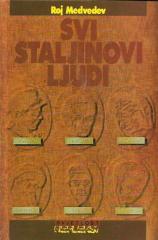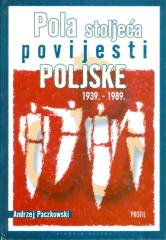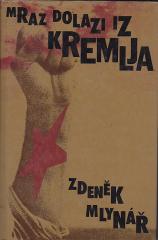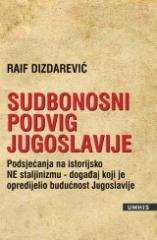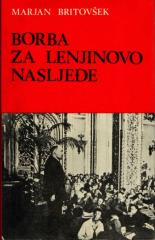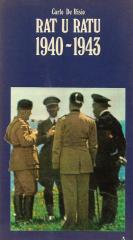
Ljudi-miševi
The book "Mice People" by Manuel Leguineche and Jesús Torbad is an extremely powerful testimony about human destinies during and after the Spanish Civil War (1936-1939).
The work explores the fates of people who, in order to avoid the repression of the Franco regime, were forced to live in extreme isolation for years – hidden in basements, caves, secret rooms or other hiding places. These people, often called "topos" (which literally means "mole"), became a symbol of resistance and enduring fear under the repressive regime.
The book is based on real stories of people who have been in hiding for decades, often separated from their families and society. It contains documentary elements and deep psychological insights, while also exploring the political climate of the period. The authors not only provide historical facts, but also emotionally engaged stories that connect the reader with the sufferings of these "mouse people".
The Spanish Civil War left deep social divisions. After the victory of Franco's nationalists, many republicans and opponents of the regime faced persecution, imprisonment and execution. Those who did not flee the country were often forced to hide in order to survive. It is these "human mice" that illustrate the dark side of Spanish history and the struggle for survival.
The book is a key contribution to the understanding of the historical and personal dimensions of repression and has gained a great reputation among historians and fans of documentary literature.
One copy is available
- Slight damage to the dust jacket
